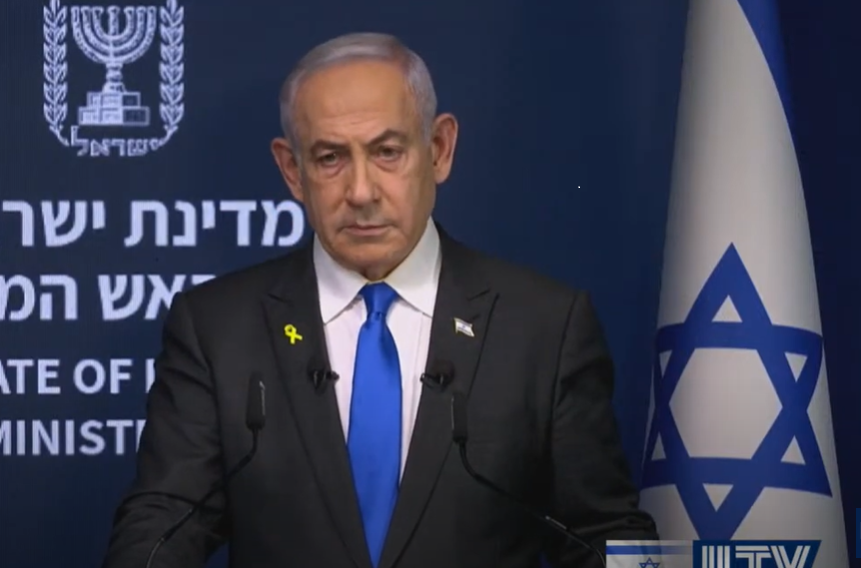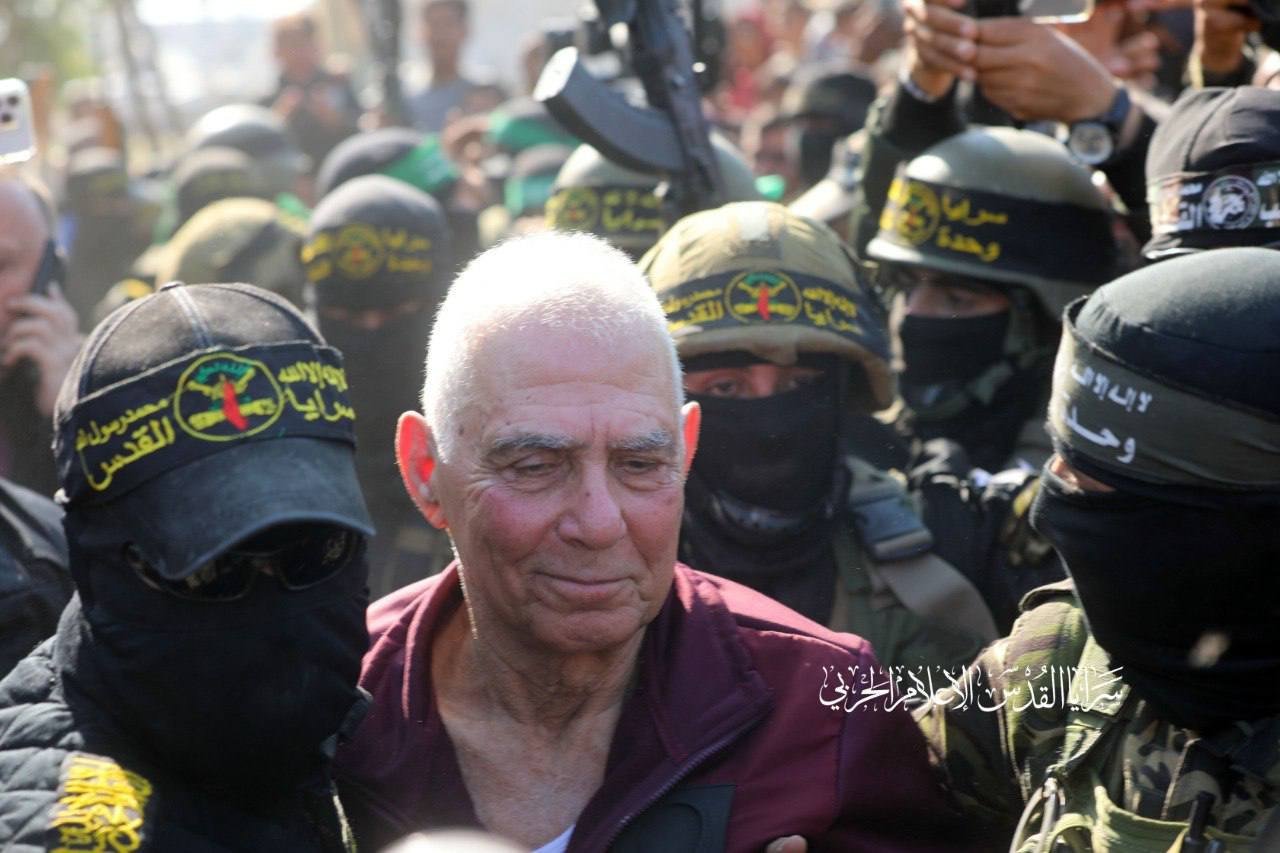ARTICLE AD BOX
The executive order places those sanctioned on the specially designated nationals and blocked persons list of the Office of Foreign Assets Control, which is part of the U.S. Treasury Department.
By JNS
The Biden administration announced a new round of sanctions on Monday against three Israelis and three organizations, including the leading Amana development group, which it accuses of undermining “peace, security and stability” in Judea and Samaria.
Matthew Miller, the U.S. State Department spokesman, said that the sanctioned individuals and entities had engaged in “violence targeting civilians or in the destruction or dispossession of property.”
“Their actions, collectively and individually, undermine peace, security and stability in the West Bank and the safety of both Israelis and Palestinians,” he said. (The Biden administration and some others refer to Judea and Samaria as the “West Bank.”)
He called on Jerusalem to “take action and hold accountable those responsible for or complicit in violence, forced displacement, and the dispossession of private land.”
The Biden administration “will continue to promote accountability for those who further destabilize conditions in the West Bank and support extremist violence in the region,” Miller stated.
On Feb. 1, U.S. President Joe Biden issued Executive Order 14115, sanctioning “persons undermining peace, security and stability in the West Bank.” The order cited “high levels of extremist settler violence, forced displacement of people and villages and property destruction.”
The executive order places those sanctioned on the specially designated nationals and blocked persons list of the Office of Foreign Assets Control, which is part of the U.S. Treasury Department.
It blocks property and interests held in America that belong to any designated individual and prohibits U.S. citizens from contributing or providing funds, goods and services to or to benefit those designated.
Monday’s State Department announcement targets Eyal Hari Yehuda Company, which it said provided support to rancher Yinon Levi, who was listed in the first sanction round in February. The corporation is “directly involved” in providing vehicles that have been used to expand the U.S.-designated Meitarim Farm, the Biden administration said.
The company’s sole owner, Itamar Yehuda Levi—Yinon Levi’s brother—is also being blacklisted by the United States, the State Department announced.
The other two sanctioned Israelis are Shabtai Koshlevsky and Zohar Sabah. The former is tied to Hashomer Yosh, an Israeli nonprofit that assists farmers and protects agricultural lands in Judea and Samaria, and Sabah is being accused of “threats and acts of violence against Palestinians,” Washington said.
In June, Sabah’s farm, located near the town of Mevo’ot Yericho in the Jordan Valley, was attacked by Palestinian rioters and far-left activists while he was herding his flock. When Israeli security forces arrived on the scene, 18 sheep were found to be stolen, Arutz 7 reported. The Israeli news outlet noted that the ranch has been attacked repeatedly.
The U.S. Treasury Department said it is sanctioning Amana, which it described as “the largest organization involved in settlement and illegal outpost development.”
Founded in 1976 with the stated goal of developing Israeli communities in Judea, Samaria, the Golan, Galilee, Negev and Gaza Strip, its activities include establishing towns, recruiting families and building homes.
The Treasury Department also announced sanctions against an Amana subsidiary, Binyanei Bar Amana, a construction firm that builds and sells residential homes in Jewish towns in Judea and Samaria.
Two months ago, three Democratic U.S. senators urged Secretary of State Antony Blinken to sanction Amana, charging the organization with playing “a central role in forming and sustaining hill-top outposts illegal under Israeli law, often by granting loans to bankroll their start.”
Sens. Ben Cardin (D-Md.), chairman of the Senate Foreign Relations Committee; Jack Reed (D-R.I.), chairman of the Senate Armed Services Committee; and Mark Warner (D-Va.), chairman of the Senate Select Committee on Intelligence, claimed that Amana has a “well-documented history of supporting extremist settlers who expropriate Palestinian land and threaten Palestinian landholders, farmers and shepherds.”
Earlier this year, Canada also imposed sanctions on the group under its Special Economic Measures (Extremist Settler Violence) Regulations.
Some believe that President-elect Donald Trump will reverse such sanctions.
Samaria Regional Council head Yossi Dagan vowed on Monday to have the sanction regime “thrown into the dustbin of history immediately after the inauguration of the president and the new administration.” He slammed the move as a “transparent attempt by Biden and Harris to embarrass Trump.”
Jerusalem has criticized previous sanctions. Israeli Prime Minister Benjamin Netanyahu told local media that he protested them to Blinken in February, calling the measure “highly problematic.”
“If the United States wanted to use it in an equal manner, it would have imposed sanctions on hundreds of thousands of Palestinians,” he said at the time.
Official data shows that the number of violent incidents committed by Israelis against Palestinians in the territory has dropped significantly.
Judea and Samaria saw a dramatic rise in Palestinian terrorist attacks in recent months, with shootings reaching their highest level in 2023 since the Second Intifada of 2000-05, according to the IDF.

 2 months ago
99
2 months ago
99









 English (US) ·
English (US) ·